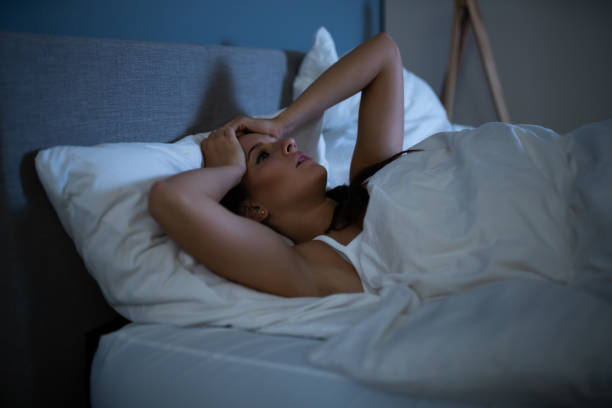Sleep is an essential part of our daily routine. It is a time for our body to rest and recharge, so we can wake up feeling refreshed and ready to take on the day ahead. However, for many people, getting a good night’s sleep is easier said than done. Sleep disorders can disrupt our sleep, leaving us feeling tired and groggy the next day. In this comprehensive guide, we will explore the most common sleep disorders and their solutions.
Insomnia
Insomnia is the most common sleep disorder, affecting up to 30% of adults at some point in their lives. It is characterized by difficulty falling asleep or staying asleep. Insomnia can be caused by a variety of factors, including stress, anxiety, depression, and certain medications. To manage insomnia, it is important to establish a regular sleep schedule, avoid caffeine and alcohol before bedtime, and practice relaxation techniques such as meditation or deep breathing exercises.
Sleep Apnea
Sleep apnea is a sleep disorder that causes breathing to repeatedly stop and start during sleep. This can lead to loud snoring, gasping, or choking during the night. Sleep apnea can be caused by a variety of factors, including obesity, smoking, and alcohol consumption. Treatment options for sleep apnea include lifestyle changes such as weight loss and quitting smoking, as well as the use of a continuous positive airway pressure (CPAP) machine.
Restless Leg Syndrome
Restless leg syndrome is a sleep disorder characterized by an irresistible urge to move the legs, often accompanied by uncomfortable sensations such as tingling or burning. Restless leg syndrome can make it difficult to fall asleep and stay asleep. Treatment options for restless leg syndrome include medication, lifestyle changes such as regular exercise, and avoiding caffeine and alcohol before bedtime.
Narcolepsy
Narcolepsy is a sleep disorder characterized by excessive daytime sleepiness and sudden, uncontrollable episodes of falling asleep during the day. Narcolepsy can be caused by a deficiency in the brain chemical hypocretin, which regulates sleep and wakefulness. Treatment options for narcolepsy include medication to promote wakefulness during the day and improve nighttime sleep quality.
Shift Work Sleep Disorder
Shift work sleep disorder is a sleep disorder that affects people who work non-traditional hours, such as overnight shifts or rotating shifts. Shift work can disrupt the body’s natural sleep-wake cycle, making it difficult to fall asleep and stay asleep. Treatment options for shift work sleep disorder include establishing a regular sleep schedule, using bright light therapy to reset the body’s internal clock, and taking short naps during breaks.

In conclusion, sleep disorders can have a significant impact on our overall health and well-being. If you are struggling with a sleep disorder, it is important to seek professional help to determine the underlying cause and develop an effective treatment plan. With the right treatment, you can unlock the secrets to a good night’s sleep and wake up feeling refreshed and ready to take on the day ahead.

